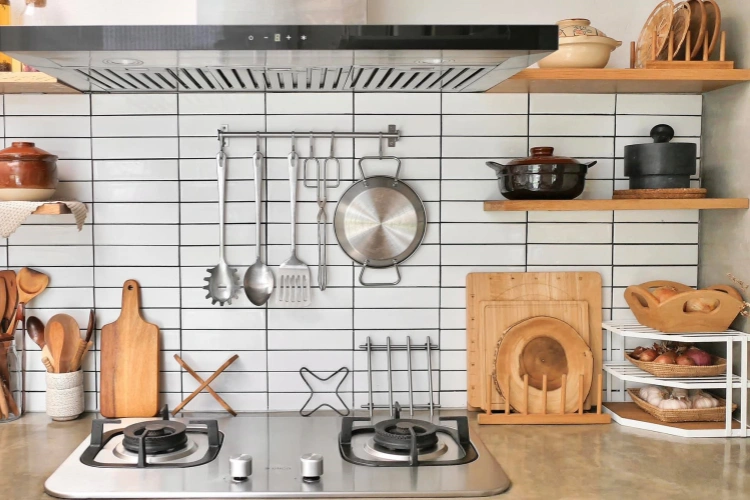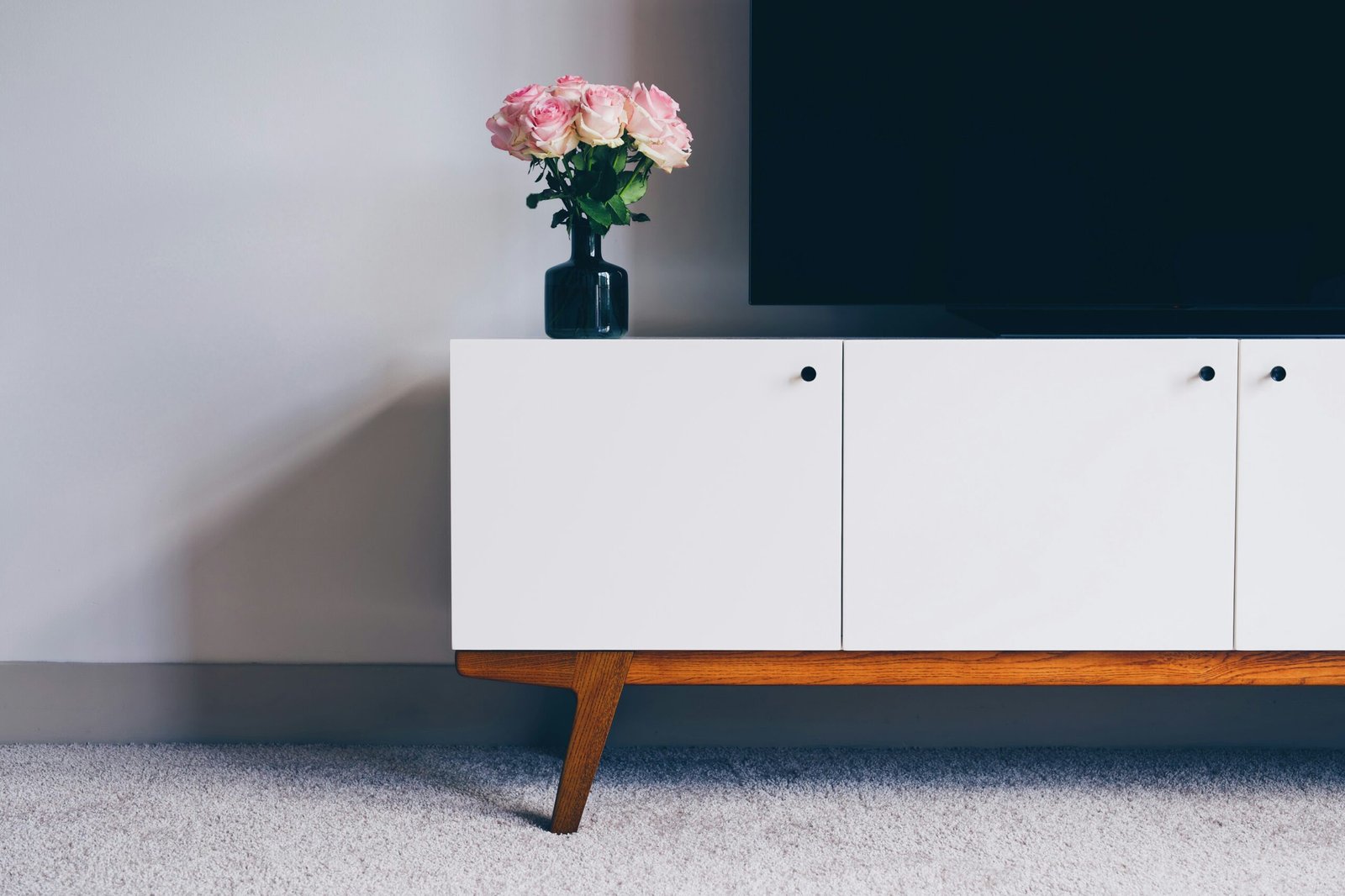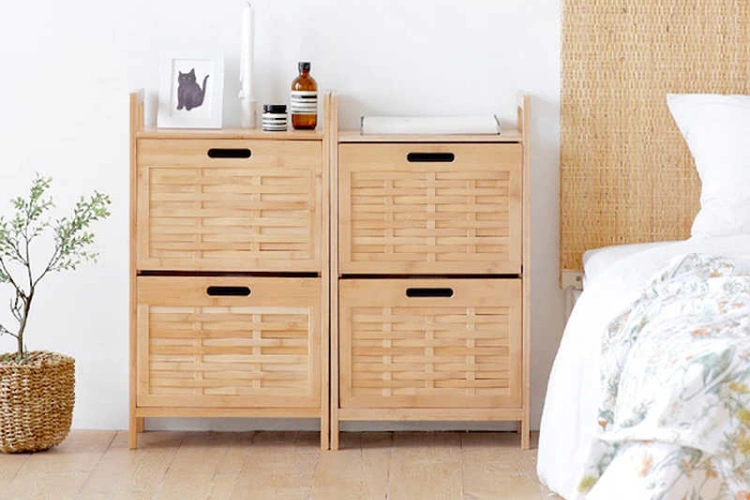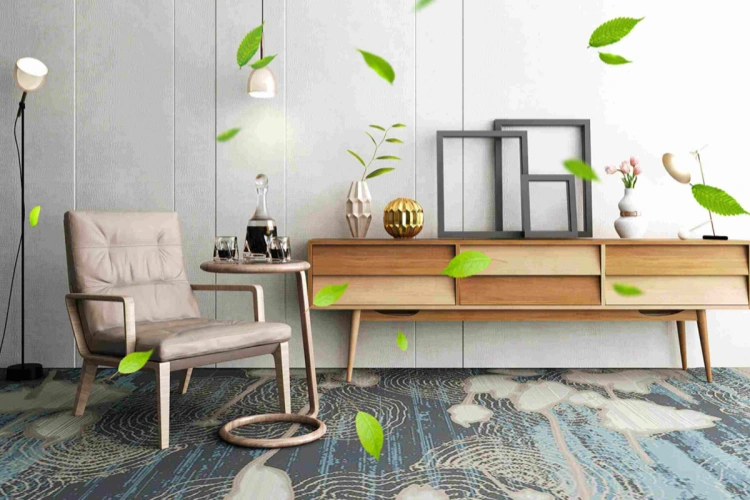August 12, 2024 — The furniture industry is experiencing a significant shift as consumers increasingly prioritize sustainability and eco-friendly practices. This growing demand for sustainable furniture is pushing manufacturers and designers to innovate, creating a wave of new products that are both environmentally conscious and stylish.
In recent years, there has been a notable surge in the popularity of furniture made from recycled materials, sustainably sourced wood, and non-toxic finishes. Companies are also embracing circular economy principles, offering products that are designed for longevity, easy repair, and eventual recycling. This trend is being fueled by a global awareness of environmental issues and a desire among consumers to make more responsible purchasing decisions.
Sustainable Materials and Practices
Furniture manufacturers are responding to consumer demand by integrating sustainable materials such as bamboo, reclaimed wood, and recycled metals into their products. Bamboo, in particular, is gaining traction due to its rapid growth rate and durability, making it a highly renewable resource. Additionally, advances in technology have made it possible to create furniture from recycled plastics and other waste materials, reducing the industry’s reliance on virgin resources.
Many companies are also adopting sustainable practices in their production processes. This includes reducing waste, minimizing energy consumption, and using water-based, non-toxic finishes instead of traditional solvents that can harm the environment. Some manufacturers are even going a step further by implementing carbon-neutral production methods and offering furniture take-back programs to ensure that products can be responsibly recycled at the end of their lifecycle.
Innovative Designs Meet Consumer Expectations
As sustainability becomes a key selling point, furniture designers are rising to the challenge by creating innovative, aesthetically pleasing products that do not compromise on style or functionality. Modular and multifunctional furniture pieces, which are designed to adapt to changing needs and spaces, are becoming increasingly popular. These designs not only maximize the use of materials but also offer consumers flexible solutions for modern living.
Customizability is another trend gaining momentum in the sustainable furniture market. By allowing consumers to personalize their furniture, companies can reduce waste associated with mass production and overstocking, while also meeting the unique preferences of their customers.
Industry Leaders and New Entrants
Established furniture brands are leading the charge towards sustainability, with companies like IKEA, Herman Miller, and West Elm introducing eco-friendly product lines and setting ambitious goals for reducing their environmental impact. At the same time, a new generation of startups is emerging, focusing exclusively on sustainable furniture. These companies are appealing to eco-conscious consumers by offering transparency in their supply chains and prioritizing ethical practices.
Challenges and Opportunities
Despite the progress, the industry still faces challenges. The cost of sustainable materials and production methods can be higher, leading to more expensive products. However, as demand grows and production processes become more efficient, prices are expected to become more competitive. Additionally, educating consumers about the benefits of sustainable furniture remains a key task for companies looking to expand their market share.
Looking Ahead
The future of the furniture industry is undoubtedly green. As consumers continue to prioritize sustainability in their purchasing decisions, companies that embrace eco-friendly practices and innovate in their product offerings are likely to thrive. The shift towards sustainable furniture not only reflects changing consumer values but also represents a significant opportunity for the industry to contribute positively to the environment while meeting the needs of modern consumers.
With the ongoing advancements in sustainable materials and design, the furniture industry is poised to play a crucial role in the broader movement towards a more sustainable and circular economy.






